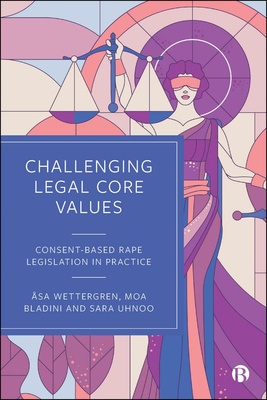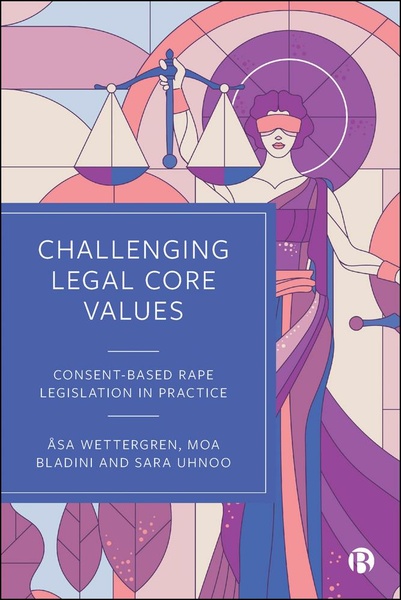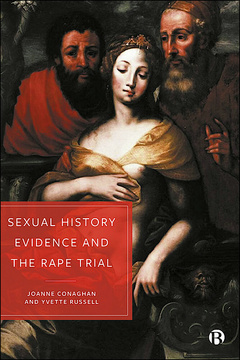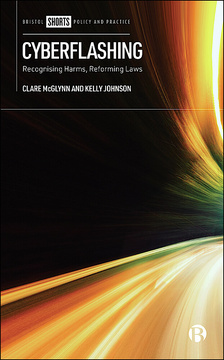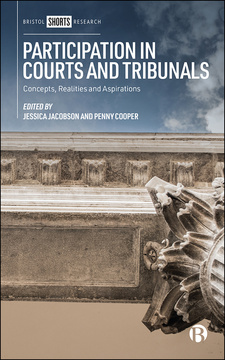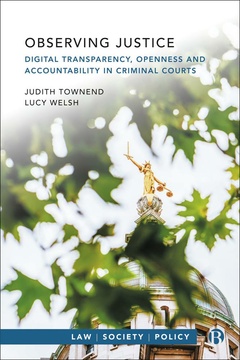Challenging Legal Core Values
Consent-Based Rape Legislation In Practice
By Åsa Wettergren, Moa Bladini and Sara Uhnoo
Published
Jun 26, 2025Page count
304 pagesISBN
978-1529237535Dimensions
234 x 156 mmImprint
Bristol University PressPublished
Jun 26, 2025Page count
304 pagesISBN
978-1529237559Dimensions
234 x 156 mmImprint
Bristol University PressAvailable open access digitally under CC-BY-NC-ND licence.
This book presents the first ethnographic study into a new consent-based rape law in Sweden and shows how the implementation of this legislation challenges outdated legal frameworks and requires a shift in legal practice.
Focusing on the Swedish context, it provides insights that are globally applicable, offering lessons for other countries where consent-based rape laws are in place. By examining the limitations of the conventional legal enactment of autonomy, rationality and objectivity, the authors argue for an evolved approach to ensure fairness and effectiveness. Integrating feminist legal theory with the sociology of emotions, the book reveals how emotional and contextual factors shape legal reasoning.
Aiming to make legal processes for sexual violence more transparent, predictable and democratic worldwide, this is an urgent call for enhanced professional training in emotional reflexivity and empathy.
Åsa Wettergren is Professor in Sociology at the University of Gothenburg.
Moa Bladini is Associate Professor in Law at the University of Gothenburg.
Sara Uhnoo is Associate Professor in Sociology at the University of Gothenburg.
Part 1: Introduction
1. Background and Outline
2. Legal Framework
3. Theory and Method
Part 2: The Making of Legal Objectivity
4. The Feeling of not Knowing
5. Professional Roles in Objectivity-Making
6. The Making and Breaking of Objectivity
Part 3: Autonomy and Rationality of Legal Subjects
7. Action Rationality of Non-Voluntariness
8. The Burden of Explanation
9. The Making and Breaking of Consent Defences
Part 4: Rationality and Autonomy in Legal Decision-Making
10. Navigating Reasonable Doubt in the Judgements
11. Pathways to Knowing
Part 5: Conclusion
12. Core Judicial Values and Beyond







